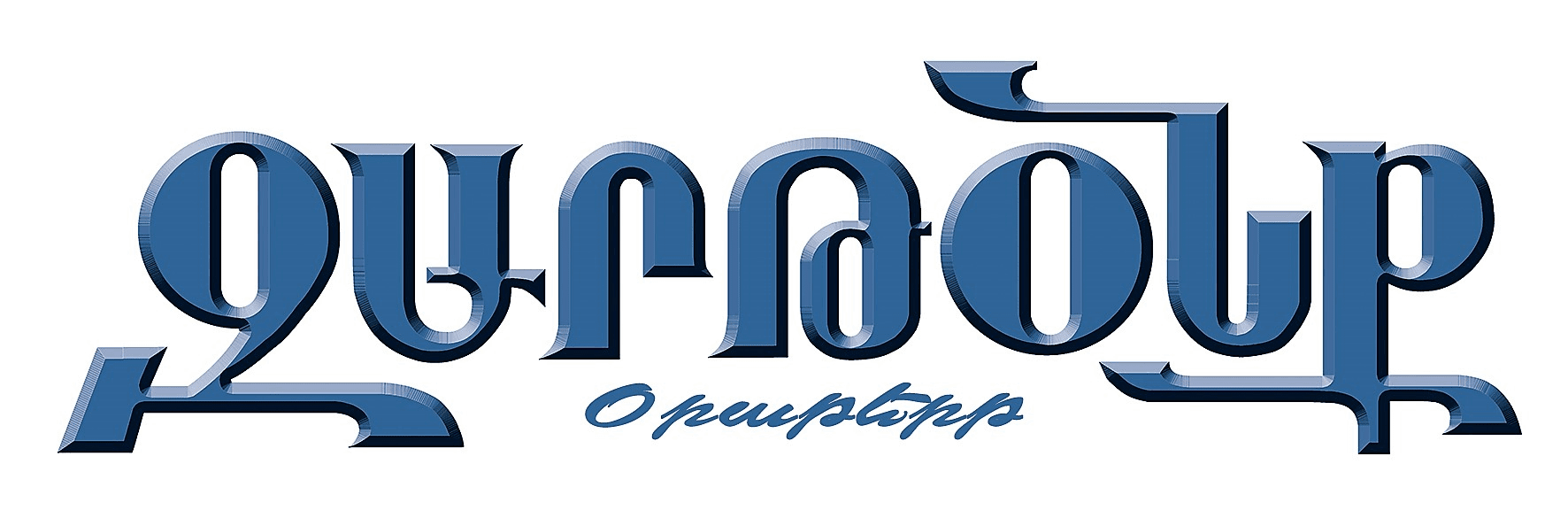Cyprus, July 2015: Responding to an invitation from the Diyar Consortium/Dar al-Kalima University College for Arts and Culture based in Bethlehem, a group of Christian academicians and young graduates, supported by Muslim intellectuals and academics, gathered together in 2014 to contemplate on the challenges, opportunities, and a possible role within the Arab world. Together they developed a document entitled «From the Nile to the Euphrates: A Call of Faith and Citizenship.” The document was launched in Beirut on December 5, 2014, which coincided with the establishment of a platform for Middle Eastern thought, communication, and dialogue called The Christian Academic Forum for Citizenship in the Arab World (CAFCAW).
Diyar’s 11th international conference was held from July 3 to 5 in in Pafos, Cyprus. Dar al-Kalima University College of Arts and Culture, the academic arm of Diyar, in cooperation with The Christian Academic Forum for Citizenship in the Arab World organized an international conference entitled “Shifting Identities: Changes in the social, political, and religious structures in the Arab World”.
In the last ten years, several papers, doctoral theses, and books have been published, focusing on certain aspects related to the changes in the Middle East region and their impact on the Christian communities, their quest for citizenship and identity formation. The conference aimed at providing a forum for sharing such research, for interaction and dialogue among scholars and researchers from around the globe. The conference proceedings will be made accessible to a wider public very soon.
The participation of scholars from different parts of the world not only brought to the event international scope, different persuasions and perspectives but also fostered an ecumenical, interdisciplinary, multi-ethnic and multi-cultural environment, dialogues, and philosophy. The program gathered a group of scholars, social scientists and anthropologists, and experts in social, religious, political, and economic studies of diverse scholarly, denominational, and national backgrounds. The conference was conducted in English.
H.E. Mr. Leonidas Pantelides, Ambassador Director of Middle East and North Africa Department of the Republic of Cyprus, welcomed the participants in his opening speech and conveyed the greetings of H.E. Mr. Ioannis Kasoulides, Minister of Foreign Affairs.
Papers Presented
Specifically, the following are the titles of the papers that were presented during the three-day conference:
- “The Christian presence in the Middle East: A century of shifting Identities” by R Dr. Mitri Raheb, Dar Al-Kalima University College
- “’Disentangling’ some knots: narratives and counter-narratives of the Christian presence in the contemporary Middle East” by Paolo Maggiolini, University of Milan
- “The shifting acculturation orientation of Palestinian Christian adolescents in Israel” by Salim Munayer, Bethlehem Bible College
- “The complexities of belonging: The case of Palestinian Christians and the IDF” by Dr. Pieter Donkers, Protestant Theological University in The Netherland
- Palestinian Jerusalem Christians position on the future status of Jerusalem – results and findings” by Michał Ziemowit Buśko, University of Krakow
- “Towards an ecclesiological anthropology of Levantine Christian ‘identity’” by Mark Daniel Calder, University of Aberdeen
- “Transcultural processes through American missionary work in Lebanon: How Protestants in Lebanon deal with the legacy of their history” by Uta Zeuge-Buberl, University of Vienna
- “Shifting Identities in the Middle East: An Armenian experience in the process of change and the Understanding of the Other” by Hrayr Jebejian, The Bible Society in the Gulf
- “New Christians in the Islamic Republic of Iran: regional and global implications” by Marcin Rzepka, Pontifical University of John Paul II in Krakaw
- “Revisions of school textbooks: a mirror image of the conflict parties in Syria” by Viola Raheb, University of Vienna
- “Christians of the Arab World are changing and challenging the religious and cultural discourse in Sweden” by Sune Fahlgren, Stockholm School of Theology
- “Contemporary Feminisms in Lebanon: Lights in the tunnel” by Pamela Chrabieh, American University in Dubai
- “The social media as a means of social and cultural integration for religious communities in the Eastern Mediterranean” by Evangelos Venetis, Hellenic Foundation for European and Foreign Policy in Athens
- «Apocalyptic view of history and the challenge of Christian presence in the Middle East» Nicolas Abou Mrad, Sorbonne University
- “Psychological profiles of the Arab people: Ingrained paradoxes” by Maya Khadra, Université Saint-Esprit de Kaslik in Lebanon
- “Theological responses for the rormation of required changes in the Middle East” by Sylvie Avakian, Near East School of Theology in Lebanon
Dr. Jebejian’s contribution
This is how Dr. Jebejian, General Secretary of The Bible Society in the Gulf began his paper:
I am a Lebanese-Armenian who has lived with the dual identities and histories that have been examples of struggle and survival: the first one, Lebanese, with its local and regional conflicts, and the second one, Armenian, in its perseverance for a national identity and a solution to a just cause: the recognition of the first ethnic cleansing of the 20th century, the Armenian Genocide. The two identities have one thing in common: the struggle to build a life in the midst of uncertainties, a life that goes much further than the personal dimension and embraces different aspects of the community at large.
Underlining his hybrid identities, Dr. Jebejian said,
I often find myself giving a history lesson to whoever asks me, “Where do you come from?” To put it simply, I usually say, “I am Armenian, but I was not born in Armenia. I was born in Lebanon. I have Lebanese nationality, but I am not an Arab. My father is a survivor of the Armenian Genocide who first sought refuge in Aleppo, Syria, and then settled in Lebanon.”
Enumerating the different significant eras in the Armenian community’s history in Lebanon from 1915 to the present – the centenary of the Armenian Genocide, Dr. Jebejian emphasized that for many such a history, punctuated with tragedies, threatens identity, certainty, and authority and thus impacts religious, economic, and social life.
Dr. Jebejian explained that the momentum and the process of change, including the shifting of identities, should not be a surprising phenomenon, especially if it is looked at from a Christian perspective. He quoted Mugambi and Guy who argue that theology requires human progress because Jesus started the change process with his disciples and went on changing each and every person He met. For him, the Christian Church is an integral part of this same human history and is equally responsible for changing history by changing the people they encounter, irrespective of their national, ethnic, and cultural identities.
Dr. Jebejian concluded his paper thus:
As fourth generation Armenians my children carry the pain of the Genocide and so does every Armenian. We carry the pain of our ancestors who were massacred and also the pain of being deprived of living in our homeland. The same pain has enriched my life, though. Also, it has helped me to understand the pain of the Other. This same pain made me realize that it is possible to live, prosper, and dream in the context of multiple identities.
Based on his personal experiences and “the present gloomy, uncertain” political scene in the Middle East, Dr. Jebejian said, “The challenge of the Church in general and in the Middle East in particular is to first understand the Other, the Other in its own context and to experience the dynamism of life within the path of each and every one of the Other.”







